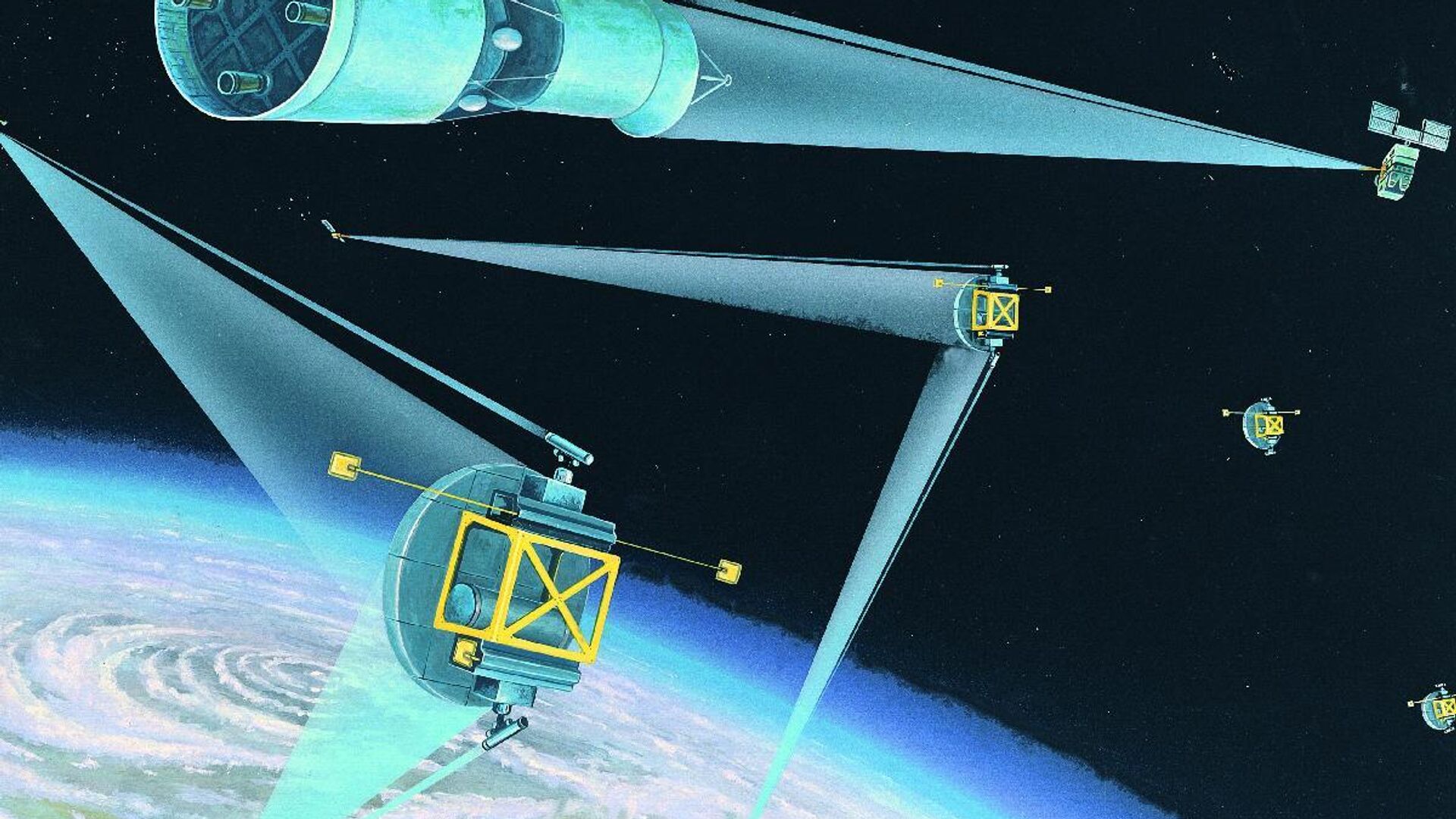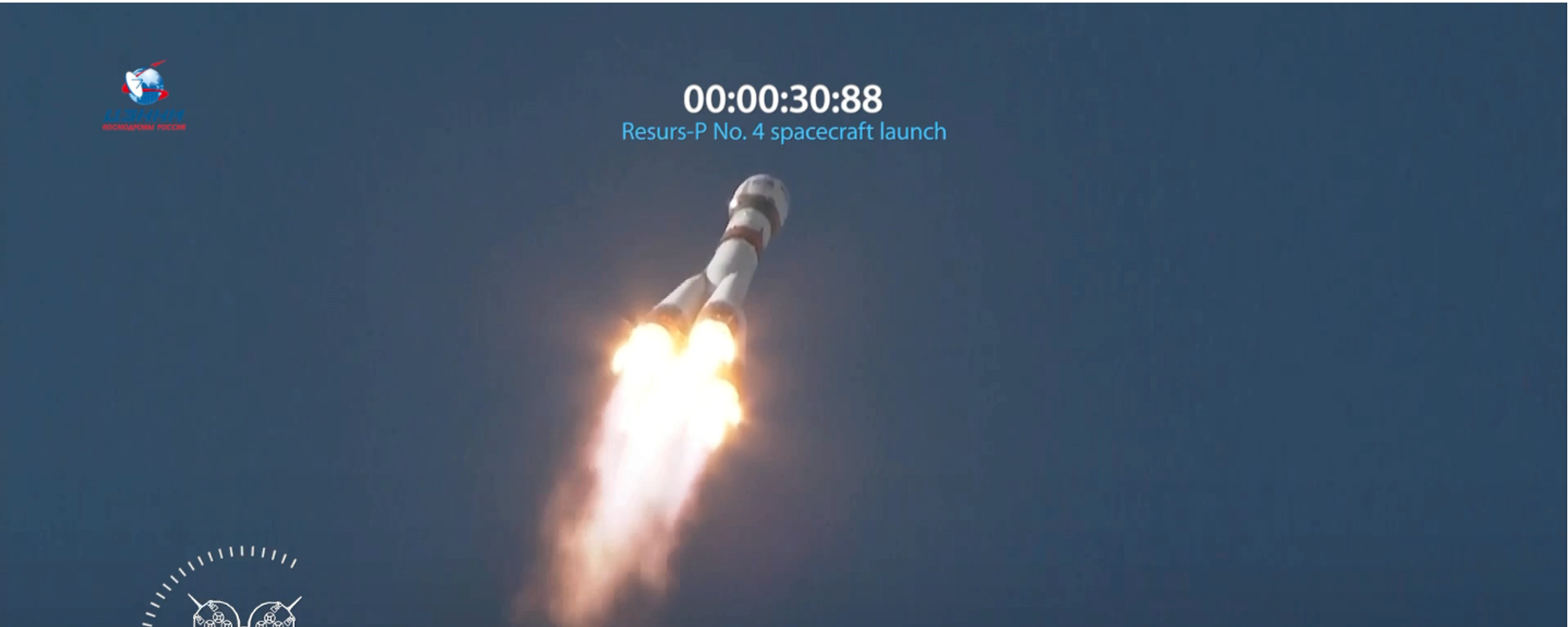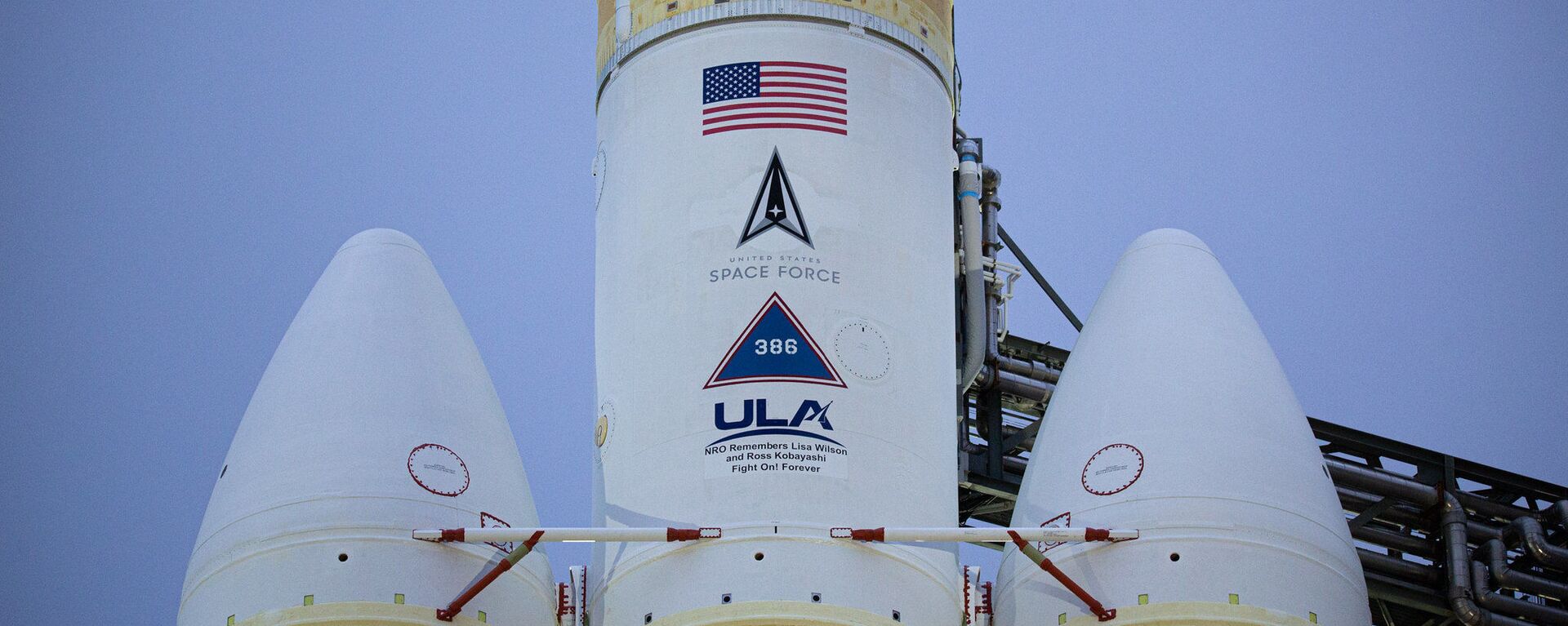https://sputnikglobe.com/20240405/curious-timing-whats-behind-us-security-council-resolution-proposing-ban-on-nukes-in-space-1117767963.html
‘Curious Timing’: What’s Behind US Security Council Resolution Proposing Ban on Nukes in Space?
‘Curious Timing’: What’s Behind US Security Council Resolution Proposing Ban on Nukes in Space?
Sputnik International
Russia has promised to “form a position” on a US-sponsored Security Council resolution proposing a ban nuclear weapons in space in due course. Why is Washington suddenly so interested in the idea? What kinds of things could the resolution contain? Sputnik asked one of America’s top independent military and foreign affairs observers to comment.
2024-04-05T18:38+0000
2024-04-05T18:38+0000
2024-04-05T18:58+0000
analysis
earl rasmussen
vladimir putin
russia
moscow
washington
dmitry peskov
kremlin
outer space treaty
space race
https://cdn1.img.sputnikglobe.com/img/07e8/04/05/1117767806_0:154:1200:829_1920x0_80_0_0_20fa325d6ef1d46aedf724ad8ace608e.jpg
Matters of strategic security are one of the few areas where potential for dialogue between Russia and the US exists, Kremlin spokesman Dmitry Peskov has said.“The main potential area for dialogue between the United States and Russia is issues related to strategic security, which includes the space issue,” the spokesman told reporters on Friday, commenting on plans by the US and Japan to put forward a resolution before the United Nations Security Council next week proposing a ban on the deployment of nuclear weapons in space.Peskov’s comments were preceded by remarks by White House National Security Council spokesman John Kirby on Thursday outlining Washington’s expectations for Moscow as far as the as yet untabled draft resolution is concerned.“We have heard President Putin say that Russia has no intention of deploying nuclear weapons in space,” Kirby said. “So we look forward to Russia voting in favor of this resolution. There should be no reason why not to. And if they do [sic], then I think that should open up some really legitimate questions to Mr. Putin about what his intentions really are,” Kirby added, with his comments coming off as an attempt to force Moscow’s hand on the issue.“Our position is quite clear and transparent,” Putin said in a meeting in the Kremlin with Defense Minister Sergei Shoigu back in February, commenting on claims by US officials that Russia had obtained some kind of “troubling” new “anti-satellite weapon capability” that might become operational soon.Russia has “many times suggested to strengthen joint cooperation in the area but for some reason, in the West, this topic has not come up again,” Putin said.“We haven’t deployed any nuclear weapons in space or any elements of them to use against satellites or to create fields where satellites can’t work efficiently,” Shoigu said during the meeting, accusing Washington of talking up a Russian space threat to pressure Congress into approving more aid to Kiev, and to try to maneuver Russia into nuclear arms control negotiations suspended amid the crisis in Ukraine.What’s in the Resolution?The US-Japanese joint resolution reportedly urges countries to commit not to “develop nuclear weapons or any other kinds of weapons of mass destruction designed to be placed in orbit,” reaffirming the expectation that nations “fully comply” with the 1967 Outer Space Treaty prohibiting nuclear arms in space.Further details on the draft resolution have not been publicized, but Russian Deputy Ambassador to the UN Dmitry Polyansky commented on the proposal last month, calling it “divorced from reality” and accusing the US of “yet another propaganda stunt” via a “very politicized” draft document.Curious Timing“It’d be interesting to know the details of this proposed treaty by the United States,” Earl Rasmussen, a veteran independent military and foreign affairs commentator and retired US Army Lieutenant Colonel with 20 years of service under his belt, told Sputnik.Saying the Outer Space Treaty could use an update after nearly 60 years, Rasmussen said he found the timing of the US proposal both “interesting” and “curious,” and the undisclosed details crucial to know, because a treaty dealing with the deployment of nuclear weapons in space already exists.“I’m just curious what the intent behind this is,” the analyst pondered, wondering whether the resolution could be meant to reign in not just the deployment of nuclear weapons in outer space, but their development as well.“I also think that the US probably has concerns over EMP,” the observer said, referring to electromagnetic pulse weapons which can knock out satellite electronics. “Nuclear weapons obviously can do that, but you don’t need a nuclear weapon. The US even admits that they’re not sure that Russia is developing a nuclear weapon for outer space, but I think they’re concerned about it.”Whatever the case may be, “there’s got to be a benefit” to Washington to field the resolution now, or they wouldn’t be proposing it, the observer stressed.The US has repeatedly accused Russia of developing space-based superweapons capable of tilting the global strategic balance, most recently via the creation of nuclear-powered satellite killer technology.At the same time that it has accused Russia of militarizing space, the Pentagon has gradually ramped up its own space warfare capabilities, formally establishing Space Force as a separate branch of the US military in 2019, taking steps to ramp up its space-based military activities with new satellite constellations, and openly discussing plans to turn space into a new “warfighting domain.” Last December, Marine Corps Lt. Gen. Matthew Glavy emphasized that the US must “win the space domain” to win wars.In 2008, Russia and China introduced the Proposed Prevention of an Arms Race in Outer Space (PAROS) Treaty – a comprehensive draft arms control agreement designed to ban the deployment of weaponry, anti-satellite systems and other advanced technology used for military purposes in space.Moscow and Beijing have returned to the treaty again and again in negotiations with Washington and its allies, with Russian Foreign Minister Sergey Lavrov emphasizing as recently as 2021 that “generally accepted, legally binding measures which can prevent a military confrontation in outer space” can be created, with PAROS serving as a jumping off point for talks. Successive US administrations have rejected PAROS as a “diplomatic ploy” by Russian and China to somehow give the countries a “military edge” over the US.
https://sputnikglobe.com/20240331/soyuz-21b-rocket-with-high-resolution-imaging-satellite-launched-from-baikonur--1117671466.html
https://sputnikglobe.com/20220128/us-systematically-removed-trust-transparency-safeguards-preventing-nuclear-war-ignores-remainder-1092595388.html
https://sputnikglobe.com/20240320/shamelessness-and-double-standards-china-criticizes-us-spy-satellite-program-1117437671.html
https://sputnikglobe.com/20240215/us-militarizes-space-while-using-russia-threat-as-smokescreen-1116805840.html
russia
moscow
washington
Sputnik International
feedback@sputniknews.com
+74956456601
MIA „Rossiya Segodnya“
2024
News
en_EN
Sputnik International
feedback@sputniknews.com
+74956456601
MIA „Rossiya Segodnya“
Sputnik International
feedback@sputniknews.com
+74956456601
MIA „Rossiya Segodnya“
what's behind us security council resolution banning nukes in space, do countries have nukes in space, does us have nukes in space, does russia have nuclear weapons in space
what's behind us security council resolution banning nukes in space, do countries have nukes in space, does us have nukes in space, does russia have nuclear weapons in space
‘Curious Timing’: What’s Behind US Security Council Resolution Proposing Ban on Nukes in Space?
18:38 GMT 05.04.2024 (Updated: 18:58 GMT 05.04.2024) Russia has promised to “form a position” on a US-sponsored Security Council resolution proposing a ban nuclear weapons in space in due course. Why is Washington suddenly so interested in the idea? What kinds of things could the resolution contain? Sputnik asked one of America’s top independent military and foreign affairs observers to comment.
Matters of strategic security are one of the few areas where potential for dialogue between Russia and the US exists, Kremlin spokesman Dmitry Peskov has said.
“The main potential area for dialogue between the United States and Russia is issues related to strategic security, which includes the space issue,” the spokesman told reporters on Friday, commenting on plans by the US and Japan to put forward a resolution before the United Nations Security Council next week proposing a ban on the deployment of nuclear weapons in space.
“As for the project, we need to wait, study the document, read it and then form a position,” Peskov
said.
Peskov’s comments were preceded by remarks by White House National Security Council spokesman John Kirby on Thursday outlining Washington’s expectations for Moscow as far as the as yet untabled draft resolution is concerned.
“We have heard President Putin say that Russia has no intention of deploying nuclear weapons in space,” Kirby
said. “So we look forward to Russia voting in favor of this resolution. There should be no reason why not to. And if they do [sic], then I think that should open up some really legitimate questions to Mr. Putin about what his intentions really are,” Kirby added, with his comments coming off as an attempt to force Moscow’s hand on the issue.
“Our position is quite clear and transparent,” Putin said in a meeting in the Kremlin with Defense Minister Sergei Shoigu back in February, commenting on claims by US officials that Russia had obtained some kind of “troubling” new “anti-satellite weapon capability” that might become operational soon.
“We have always been and remain categorically opposed to the deployment of nuclear weapons in space. Just the opposite, we are urging everyone to adhere to all the agreements that exist in this sphere,” Putin said, adding that Western powers “know” that Russia’s space-based capabilities are in line with those possessed by other nations, including the United States.
Russia has “many times suggested to strengthen joint cooperation in the area but for some reason, in the West, this topic has not come up again,” Putin said.
“We haven’t deployed any nuclear weapons in space or any elements of them to use against satellites or to create fields where satellites can’t work efficiently,” Shoigu said during the meeting, accusing Washington of talking up a Russian space threat to pressure Congress into approving more aid to Kiev, and to try to maneuver Russia into nuclear arms control negotiations suspended amid the crisis in Ukraine.
“The US and the West…are calling for Russia’s strategic defeat, while on the other hand saying they would like to have a dialogue on strategic stability, pretending that those things aren’t connected,” Putin said, stressing that such an approach “won’t work.”
What’s in the Resolution?
The US-Japanese joint resolution reportedly urges countries to commit not to “develop nuclear weapons or any other kinds of weapons of mass destruction designed to be placed in orbit,” reaffirming the expectation that nations “fully comply” with the
1967 Outer Space Treaty prohibiting nuclear arms in space.
Further details on the draft resolution have not been publicized, but Russian Deputy Ambassador to the UN Dmitry Polyansky commented on the proposal last month, calling it “divorced from reality” and accusing the US of “yet another propaganda stunt” via a “very politicized” draft document.
“It’d be interesting to know the details of this proposed treaty by the United States,” Earl Rasmussen, a veteran independent military and foreign affairs commentator and retired US Army Lieutenant Colonel with 20 years of service under his belt, told Sputnik.
“I’m often kind of cautious when they propose something, because the US is probably the one country that has reneged or withdrawn unilaterally from more treaties than any other country,” Rasmussen said.
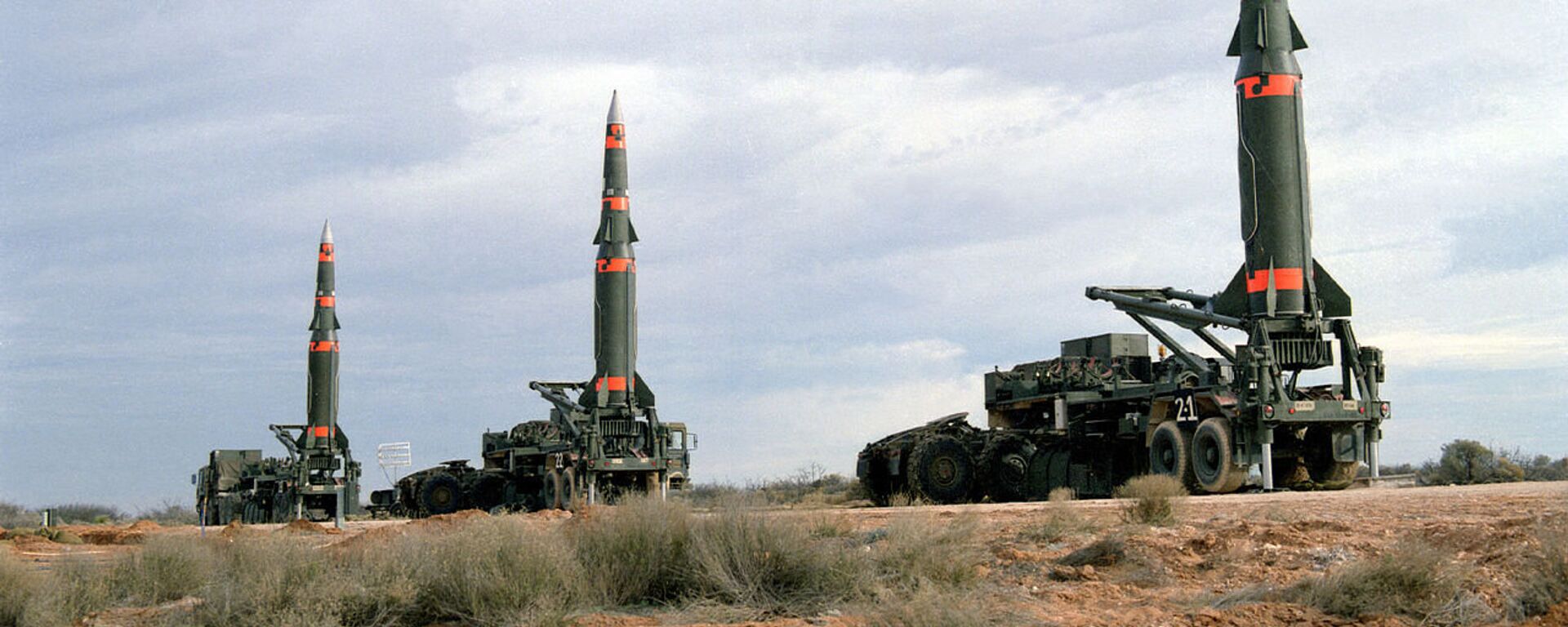
28 January 2022, 23:33 GMT
Saying the Outer Space Treaty could use an update after nearly 60 years, Rasmussen said he found the timing of the US proposal both “interesting” and “curious,” and the undisclosed details crucial to know, because a treaty dealing with the deployment of nuclear weapons in space already exists.
“I’m just curious what the intent behind this is,” the analyst pondered, wondering whether the resolution could be meant to reign in not just the deployment of nuclear weapons in outer space, but their development as well.
“I mean if we look at the [1972 Anti-Ballistic Missile] Treaty that the US pulled out of – they were developing missile defense systems prior to doing so and then they withdrew from the treaty and deployed them,” Rasmussen said, noting that there is nothing prohibiting countries from developing, but not fielding, powerful space-based weapons at the moment.
“I also think that the US probably has concerns over EMP,” the observer said, referring to electromagnetic pulse weapons which can knock out satellite electronics. “Nuclear weapons obviously can do that, but you don’t need a nuclear weapon. The US even admits that they’re not sure that Russia is developing a nuclear weapon for outer space, but I think they’re concerned about it.”
The US military machine is “highly dependent on satellites” for its operations, Rasmussen said. “So I’m thinking they’re probably concerned as far as not really having a good defensive capability to counter some type of satellite killer or disrupter or something. So that may be behind this."
Whatever the case may be, “there’s got to be a benefit” to Washington to field the resolution now, or they wouldn’t be proposing it, the observer stressed.
If the resolution is honestly worded, and promotes proposals beneficial to everyone, Rasmussen doesn’t see a problem Russia and other countries considering it. “But if it angles and cuts off research and tries to skew proposals to the West’s benefit, then you could see China and Russia pushing back,” he predicted.
The US has repeatedly accused Russia of developing space-based superweapons capable of tilting the global strategic balance,
most recently via the creation of nuclear-powered satellite killer technology.
At the same time that it has
accused Russia of militarizing space, the Pentagon has
gradually ramped up its own
space warfare capabilities, formally establishing Space Force as a separate branch of the US military in 2019, taking steps to ramp up its space-based military activities with new satellite constellations, and openly discussing plans to turn space into a new “warfighting domain.” Last December, Marine Corps Lt. Gen. Matthew Glavy emphasized that the US must
“win the space domain” to win wars.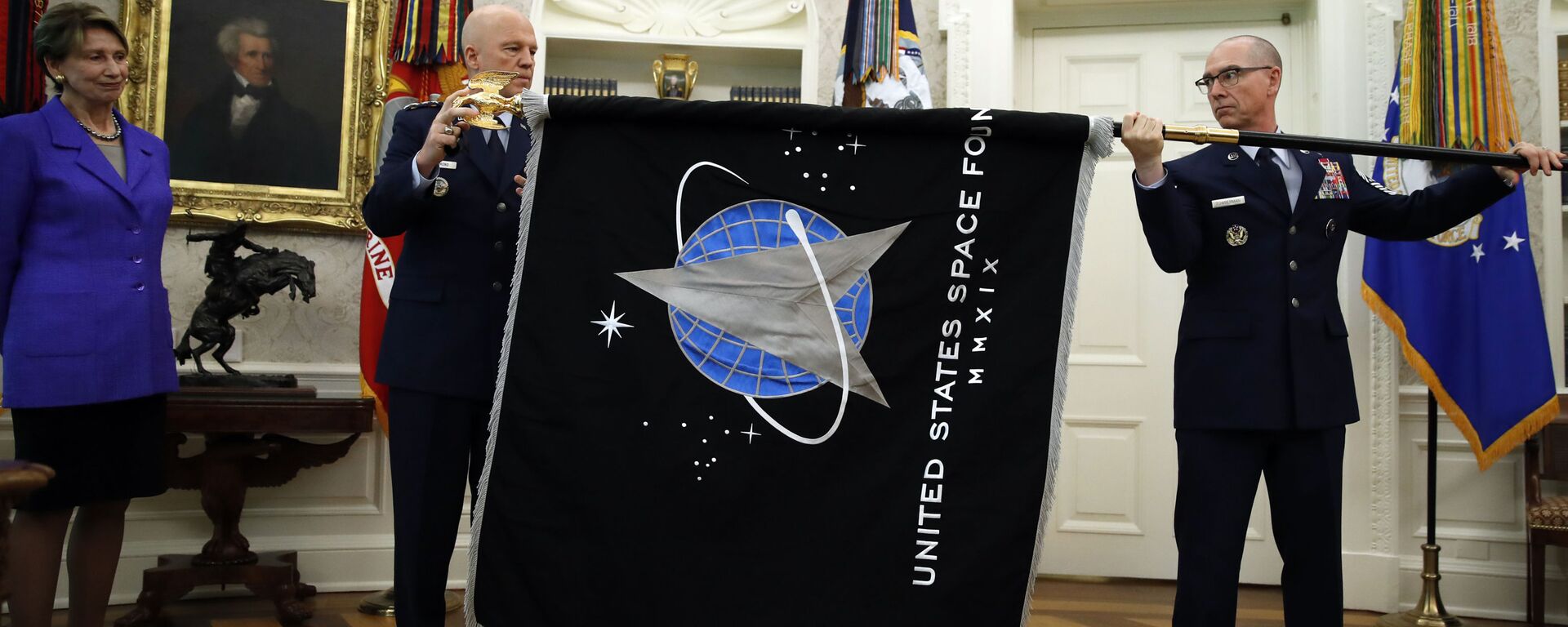
15 February 2024, 18:40 GMT
In 2008, Russia and China
introduced the Proposed Prevention of an Arms Race in Outer Space (PAROS) Treaty – a comprehensive draft arms control agreement designed to ban the deployment of weaponry, anti-satellite systems and other advanced technology used for military purposes in space.
Moscow and Beijing have returned to the treaty again and again in negotiations with Washington and its allies, with Russian Foreign Minister Sergey Lavrov emphasizing as recently as 2021 that “generally accepted, legally binding measures which can prevent a military confrontation in outer space” can be created, with PAROS serving as a jumping off point for talks. Successive US administrations have rejected PAROS as a “diplomatic ploy” by Russian and China to somehow give the countries a “military edge” over the US.
